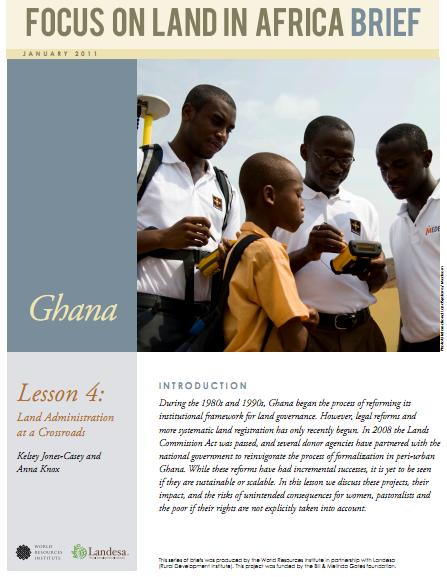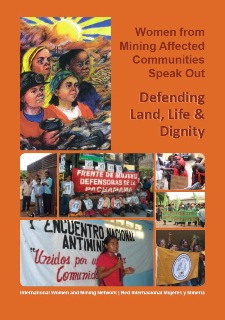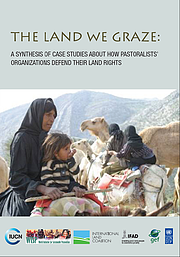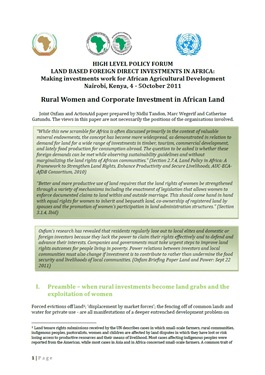Focus on Land in Africa: Ghana Lesson Brief, Land Administration at a Crossroads
This lesson brief discusses projects developed to reinvigorate the process of land registration formalization in peri-urban Ghana, their impacts, and the risks of unintended consequences for women, pastorlaists and the poor if their rights are explicitly taken into account.







